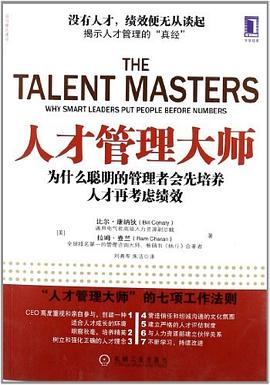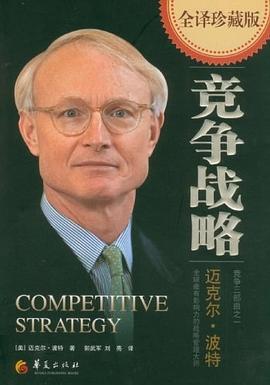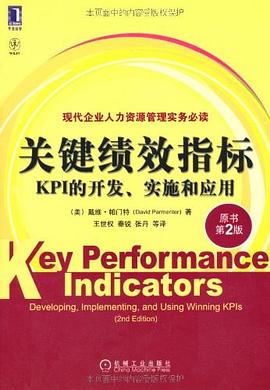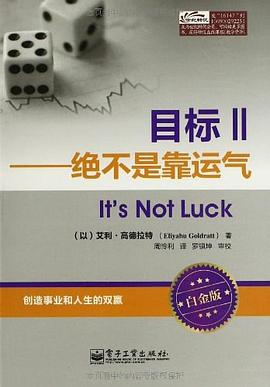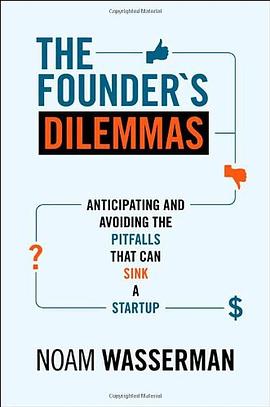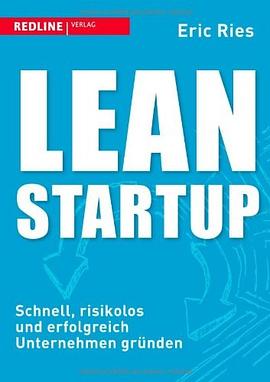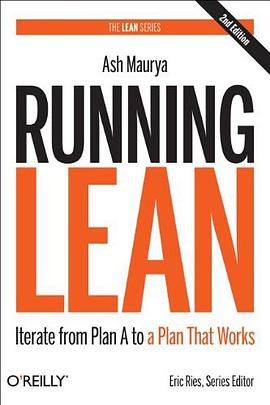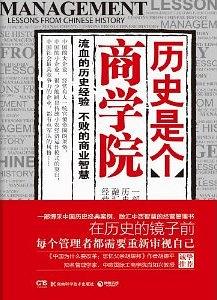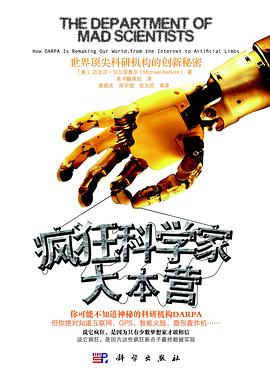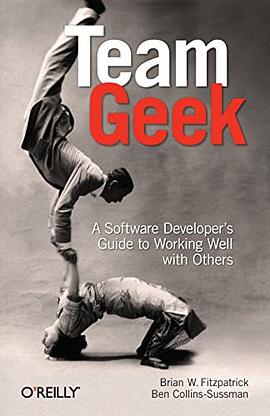

具体描述
As a software engineer, you're great with computer languages, compilers, debuggers, and algorithms. And in a perfect world, those who produce the best code are the most successful. But in our perfectly messy world, success also depends on how you work with people to get your job done. In this highly entertaining book, Brian Fitzpatrick and Ben Collins-Sussman cover basic patterns and anti-patterns for working with other people, teams, and users while trying to develop software. It's valuable information from two respected software engineers whose popular video series, "Working with Poisonous People", has attracted hundreds of thousands of viewers. You'll learn how to deal with imperfect people - those irrational and unpredictable beings - in the course of your work. And you'll discover why playing well with others is at least as important as having great technical skills. By internalizing the techniques in this book, you'll get more software written, be more influential, be happier in your career.
作者简介
Brian Fitzpatrick co-founded Google's Chicago engineering office in 2005, and currently leads several of Google's Chicago engineering efforts, including the Google Affiliate Network. He also started and leads Google's Data Liberation Front, a team that systematically works to make it easy for users to move their data both to and from Google. Lastly, he serves as internal advisor for Google's open source efforts. Prior to joining Google, Brian was a senior software engineer on the version control team at CollabNet, working on Subversion, cvs2svn, and CVS. He has also worked at Apple Computer as a senior engineer in their professional services division, developing both client and web applications for Apple's largest corporate customers. Brian has been an active open source contributor for over twelve years. After years of writing small open source programs and bugfixes, he became a core Subversion developer in 2000, and then the lead developer of the cvs2svn utility. He was nominated as a member of the Apache Software Foundation in 2002 and spent two years as the ASF's VP of Public Relations. He is also a member of the Open Web Foundation. Brian has written numerous articles and given many presentations on a wide variety of subjects from version control to software development, including co-writing "Version Control with Subversion" (now in its second edition) as well as chapters for "Unix in a Nutshell" and "Linux in a Nutshell." Brian has an A.B. in Classics from Loyola University Chicago with a major in Latin, a minor in Greek, and a concentration in Fine Arts and Ceramics. Despite growing up in New Orleans and working for Silicon Valley companies for most of his career, he decided years ago that Chicago was his home and stubbornly refuses to move to California. Ben Collins-Sussman is one of the founding developers of the Subversion version control system, co-authored O'Reilly's "Version Control with Subversion" book as well as chapters for "Unix in a Nutshell" and "Linux in a Nutshell." Ben co-founded Google's engineering office in Chicago, ported Subversion to Google's Bigtable platform, and now leads Google's Project Hosting team. Prior to joining Google, Ben was a senior software engineer on the version control team at CollabNet. He has been an active open source contributor for over twelve years, contributing to numerous open source projects, mostly revolving around version control and online gaming. Ben collects hobbies which tend to explore the tension between art and science. He has given numerous talks about the social challenges of software development and Subversion. He writes interactive fiction games and tools, and was the co-winner of the 15th Annual Interactive Fiction Competition. He has co-authored at least five original musicals and received multiple Jeff Awards for musical theater composition. He has an Extra class FCC license for amateur radio, and also spends time learning DSLR photography and playing bluegrass banjo. Ben is a proud native of Chicago, and holds Bachelor of Science degree from the University of Chicago with a major in Mathematics and minor in Linguistics. He still lives in Chicago with his wife, kids, and cats.
目录信息
读后感
“这是一本有关软件开发社会学的出色著作,它同时照顾到了开源项目和大公司的需求。对所有新踏入职场的工程师来说,有关管理和应对办公室政治的那个部分绝对是必读的。我的建议是不管你是什么背景的工程师都应该读一读这一章!这是我见过的第一本写给工程师看的、专门有讲到办...
评分“编程现在涉及的已经不仅仅是代码和机器了,它更像是把已有的组件按照新的方式拼装在一起—而这些组件背后的作者都是活生生的人。本书的作者对此了然于胸,无论给出什么样的建议,他们要传达的信息都是非常简单直观的:只要像在代码上那样在人际关系上狠下功夫,你不但可以变...
评分 评分这是相当新的一本书,我偶尔在一个电子书网站上看到了它。第一眼吸引我的是书的两位作者——一位是livejournal和memcached的作者Fitzpatrick,一位是subversion的作者Collions-Sussman。这两个典型的工程师写了一本非技术书,是不是有点新奇? 从总体上来说,这本书还是为众多...
评分用户评价
The first book i saw spends one chapter talking about organizational manipulation. ;)
评分工程师团队协作101
评分行业前辈的经验之谈 = = 话说我看书还是很慢 我真的需要改进阅读方法……
评分Google的两位team leaders合著的书。中心阐述HRT原则,即Humanity, Respect和Trust。践行起来不易。
评分没人喜欢办公室政治,但是人在江湖飘,人情世故还是要懂的
相关图书
本站所有内容均为互联网搜索引擎提供的公开搜索信息,本站不存储任何数据与内容,任何内容与数据均与本站无关,如有需要请联系相关搜索引擎包括但不限于百度,google,bing,sogou 等
© 2025 book.quotespace.org All Rights Reserved. 小美书屋 版权所有

